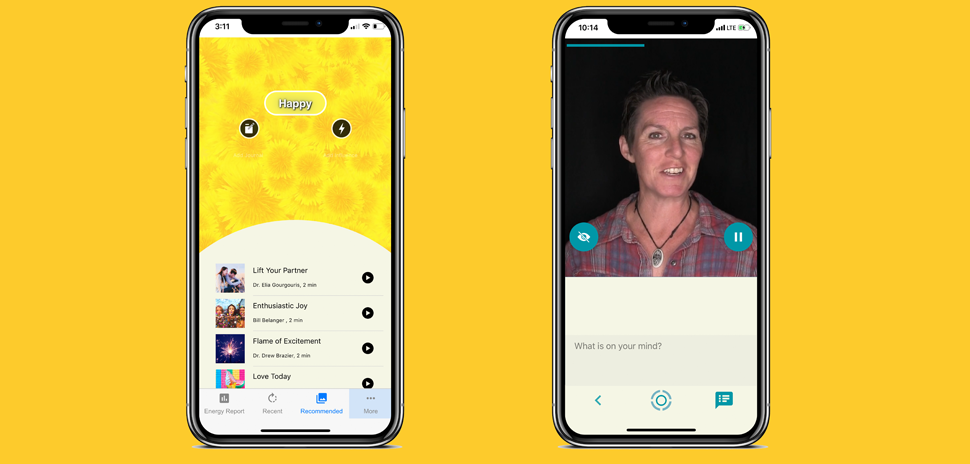Participants in this 45-day study will track their emotions in real time using the Mindcurrent app and Apple Watch data
We all deal with emotions during busy days. Sometimes we’re happy—sometimes not. But what affects our emotional state? That’s what a new study involving university students hopes to find out.
The Center for BrainHealth at The University of Texas at Dallas is teaming up with Mindcurrent, a Portland, Oregon-based wellness startup, on a 45-day study that utilizes new artificial intelligence technology to chart human emotions in real time.
The study is expected to follow 30 to 50 participants—mostly UTD students—to track their emotions as they occur using Mindcurrent’s app. Participants will correlate their input with behavioral, biometric, environmental, and activity data drawn from Apple Watch products.
Combining AI with biometric data
The Center for BrainHealth is a research institute aimed at enhancing, protecting, and restoring brain health across a person’s lifespan. The Mindcurrent app tracks a user’s self-reported emotions through a smartphone or smartwatch to create an encrypted data stream.
Mindcurrent’s artificial intelligence uses this information for data analysis and provides recommendations that can elevate the user’s mood and well-being.
“The approach of gathering and analyzing moment-by-moment biometric data has a lot of potential for cognitive neuroscience research and offers an innovative application for AI,” Daniel Krawczyk, deputy director at the Center for BrainHealth and Francis Chair in Behavioral and Brain Sciences at UT Dallas, said in a statement.
UT Dallas said the study will track how participants adjust their emotions by using short personalized videos suggested by the app’s algorithm. Then, the researchers will cross-reference user input with location and activity data to figure out what factors may have contributed to their positive and negative emotional states.
The researchers will then take 60 days to analyze results, form conclusions, and publish any findings.
“For more than a decade, psychologists, therapists, and researchers have been trying to collect enough data to determine what triggers emotional changes,” Drew Brazier, co-founder and chief psychology officer at Mindcurrent, said. “We are confident our technology and data science will help advance research to better understand the underlying factors for emotional states and behavioral patterns.”

Participants will track their emotions during the day. [Photo: Courtesy UT Dallas]
Study could identify factors that affect emotions
Sourabh Kothari, co-founder and chief executive officer of Mindcurrent, stated the partners expect to establish a baseline for the university students who participate in the study, with tens of thousands of data points being collected.
University students are the ideal participants in this type of study since stress is a well-known issue among college students, according to Stephen White, executive director of the Center’s translational arm.
“Given stress predictors like midterms and final exams, studying student emotions and behaviors during these peak-stress times may lead to solutions for more productive and successful learning environments,” White said. “With this study, we also hope to observe the effectiveness of real-time mindfulness and cognitive training exercises such as those delivered by the Brain Performance Institute.”
Read full story on Dallas Innovates
Published on Dallas Innovates on July 13, 2019
The post Happy? Sad? Study Uses AI to Examine What Affects Our Emotions appeared first on Center for BrainHealth.
from News Coverage – Center for BrainHealth https://ift.tt/319q93r
Comments
Post a Comment